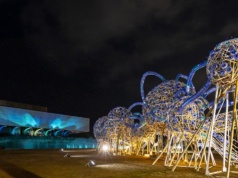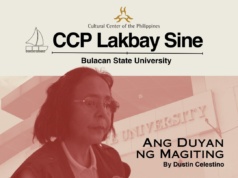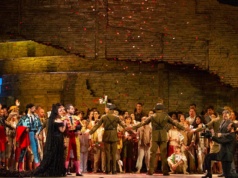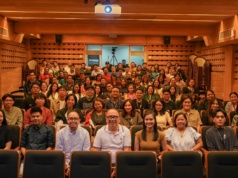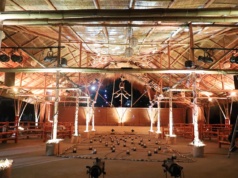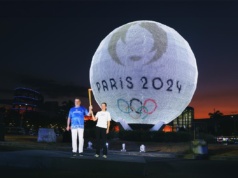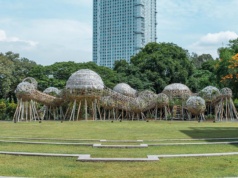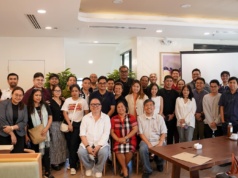Edwin M. Cordevilla¹
I.
Ladies and gentlemen, esteemed public officials led by honorable Mayor Rafael Tanjuatco and members of the Sangguniang Bayan of Tanay, and fellow poetry enthusiasts, I stand before you today to celebrate the timeless art form of poetry and to explore its profound significance as a metaphor for the soul.
Poetry, with its lyrical language and evocative imagery, has long been regarded as a mirror of the human experience, reflecting the depths of our emotions, thoughts, and innermost desires.
But beyond its aesthetic beauty, poetry serves as a powerful metaphor for the soul, capturing the essence of our being and the complexities of our existence. Just as the soul is the essence of our being, poetry is the essence of language, distilled into its most potent form. Through carefully crafted words and vivid imagery, poets convey the deepest truths and emotions that resonate within us all.
Like the soul, poetry transcends the boundaries of time and space, connecting us to the universal human experience and revealing the interconnectedness of all beings. Poetry has the power to inspire, uplift, and transform. It speaks to our innermost truths, stirring our emotions and awakening our senses.
In the words of the poet Rumi, “Let the beauty we love be what we do. There are hundreds of ways to kneel and kiss the ground.”
Through poetry, we are reminded of the beauty and wonder of the world around us, and encouraged to embrace the fullness of our humanity. But poetry is not just a reflection of the soul; it is also a catalyst for personal and societal transformation. Poets throughout history have used their words to challenge the status quo, advocate for social justice, and give voice to the marginalized and oppressed.
Through their art, poets have the power to ignite change, inspire empathy, and bring about a more just and compassionate world. Indeed, as artists, we embrace the art of poetry as a metaphor for the soul, a sacred vessel that carries the essence of our humanity and the beauty of our shared experience.
II.
Poetry holds a significant value in nation-building and the world as a whole because it has the power to inspire, unite, and provoke change. Poetry has the ability to capture the essence of a nation’s culture, history, and identity in a way that other forms of communication cannot. Through poetry, people can express their deepest emotions, beliefs, and dreams, creating a sense of unity and solidarity among diverse groups of individuals.
As I mentioned earlier, poetry also has the power to challenge the status quo and spark social and political movements. Poets have historically been at the forefront of advocating change and speaking out against injustice. Poetry can serve as a powerful tool for raising awareness about pressing issues, inspiring people to take action, and fostering a sense of empathy and understanding among different communities.
In addition, poetry transcends language barriers and connects people from different parts of the world. Individuals can share their stories, experiences, and perspectives with others, fostering a sense of global citizenship and mutual respect.
Overall, poetry plays a crucial role in human existence by communicating, expressing, and connecting. It has the power to shape the collective consciousness of a nation and the world, inspiring individuals to strive for a better future and work towards a more just and inclusive society.
III.
Historical examples of poetry playing a significant role in nation-building and the world include:
1. The works of poets such as Langston Hughes and Maya Angelou during the Civil Rights Movement in the United States. Their poems captured the struggles and aspirations of African Americans, inspiring a generation to fight for equality and justice.
2. The poetry of Pablo Neruda, a Chilean poet and diplomat, who used his writing to advocate for social and political change. His work reflected the turmoil and resilience of the Chilean people during times of political upheaval.
3. The poetry of Rumi, a 13th-century Persian poet, whose mystical verses have inspired people across different cultures and religions to seek spiritual enlightenment and inner peace.
4. Our very own Dr. Jose Rizal, fought against the injustices and cruelty of colonialism through his poetry and novels, thereby sparking a revolution that led to our nationhood.
Contemporary examples of poetry’s significance in nation-building and the world include:
1. The spoken word poetry movement, which has gained popularity in recent years as a platform for marginalized voices to be heard. Poets such as Amanda Gorman have used their words to address issues such as racial inequality, climate change, and social justice.
2. The poetry of Warsan Shire, a British-Somali poet, whose work explores themes of migration, displacement, and identity. Her poetry has resonated with audiences around the world, shedding light on the experiences of refugees and immigrants.
3. The poetry of Joy Harjo, the first Native American Poet Laureate of the United States, whose writing reflects the resilience and cultural richness of Indigenous peoples. Her work highlights the importance of preserving traditional knowledge and honoring the land.
These examples demonstrate the enduring power of poetry to shape narratives, inspire change, and bring people together in pursuit of a more just and compassionate world.
IV.
In our own backyard, here in the Philippines, here in Rizal, specifically, Tanay, we have a national treasure in the person of Dr. Epitacio Tongohan, or widely known internationally, on the global stage, as Doc Penpen
Doc Penpen plays a crucial role in democratizing poetry through Pentasi B by providing a platform for poets from various backgrounds and levels of expertise to showcase their work.
As the founder and organizer of Pentasi B World Friendship Poetry, he promotes inclusivity and diversity in the poetry community, giving voice to marginalized individuals and promoting a sense of global unity through the power of poetry.
Through Pentasi B, Dr. Tongohan organizes international poetry events, workshops, and publications that bring together poets from different countries and cultures to share their unique perspectives and experiences.
By providing opportunities for poets to connect and collaborate on a global scale, he is breaking down barriers and democratizing poetry. He is also creating a more inclusive and interconnected community. Additionally, Dr. Tongohan’s dedication to promoting poetry as a tool for social change and personal growth helps to empower individuals to express themselves and share their stories with the world.
Ladies and gentlemen, it is an honor and a privilege to stand before you today to celebrate the remarkable contributions to the world of Doc Penpen, who is hailed in many countries as the father of visual poetry.
Dr. Tongohan’s pioneering work in the field of visual poetry has not only revolutionized the way we perceive and engage with poetry but has also inspired countless poets and artists around the world. Visual poetry is a unique art form that combines the visual and textual elements to create a multi-dimensional and immersive experience for the audience.
Dr. Tongohan’s innovative approach to visual poetry has pushed the boundaries of traditional poetry, challenging us to think beyond the confines of words and explore new ways of expressing emotion, ideas, and stories.
Through his groundbreaking work, Dr. Tongohan has demonstrated the power of visual poetry transcending language barriers and cultural differences, connecting people from diverse backgrounds through the universal language of art.
His visionary creations have captivated audiences worldwide, sparking conversations and inspiring creativity in all who encounter his work. Dr. Tongohan’s dedication to pushing the boundaries of poetry and visual art has earned him the well-deserved title as the father of visual poetry. His passion for innovation, his commitment to artistic excellence, and his unwavering belief in the transformative power of poetry have made him a true trailblazer in the world of visual poetry. Today, the Philippines and her people must seize this rare opportunity to honor one of her own, Dr. Epitacio Tongohan, and his extraordinary contributions to the world of visual poetry. Let us all be inspired by his vision, his creativity, and his tireless pursuit for artistic excellence.
Let us continue to push the boundaries of creativity, to explore new ways of expression, and to embrace the beauty and power of visual poetry in all its forms. Thank you, Dr. Tongohan, for being a pioneer, a visionary, and a true artist. Your legacy shall truly continue to inspire generations of poets and artists to come.
Poetry stands as a unique continent, what Doc Penpen refers to as the “eighth continent,” a realm of boundless creativity and expression. It is his fervent dream and vision to make the Philippines the heart of this continent, or in his own words, “the poetry heart of the world.”
For why not? The Philippines, with its diverse and vibrant literary tradition, is a treasure trove of poetic talent and creativity. From the ancient oral traditions of the indigenous tribes to the modern works of contemporary poets, the Filipino people have a deep-rooted connection to poetry that spans generations.
In the Philippines, poetry is not just a form of artistic expression but a way of life. It is found in the rhythm of the waves crashing against the shore, in the whispers of the wind through the trees, and in the laughter of children playing in the streets. The Filipino people have a deep appreciation for the beauty and power of words, using poetry to convey their emotions, beliefs, and aspirations.
As the heart of the eighth continent, the Philippines stands as a beacon of creativity and inspiration, a land where poets are revered and their words are cherished. From the ancient epics to the modern works of contemporary poets, Filipino poetry has continued to evolve and thrive, capturing the hearts and minds of readers around the world.
So let us celebrate the Philippines as the “poetry heart of the world” – in this land of truth, beauty, virtue, diversity, and endless creativity. In the heart of the eighth continent, poetry reigns supreme, a testament to the enduring power of words and the boundless spirit of the human soul.
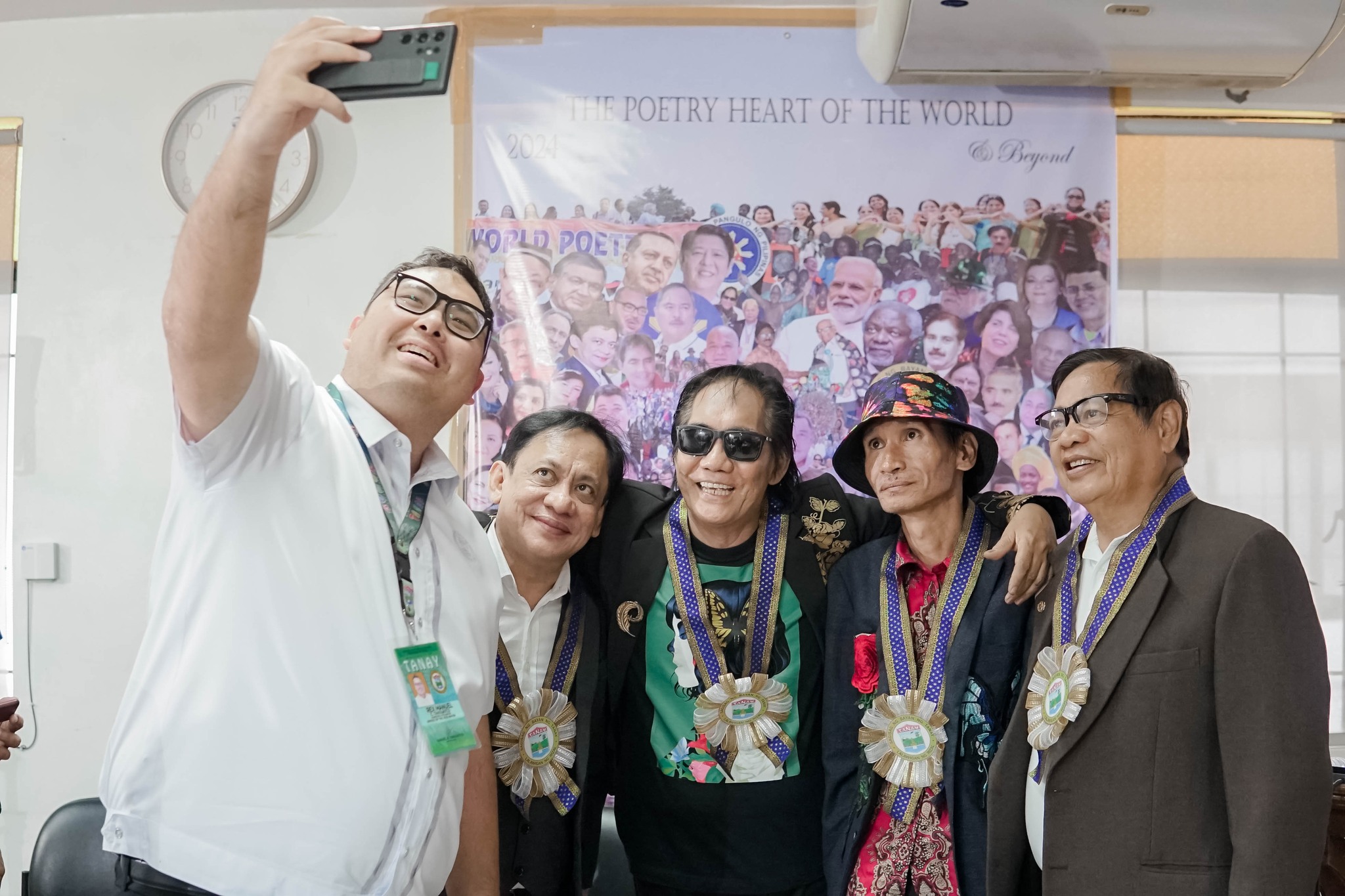
¹ Edwin M. Cordevilla is the former Press Undersecretary of President Ferdinand R. Marcos Jr. and Lifetime Achievement Awardee of Pentasi B World Friendship Poetry. He served as part of the Expert Panel in Visual Poetry last 22 February 2024, in line with the signing of the Tanay Municipal Council Resolution No. 34, s. 2024, endorsing the nomination of Dr. Epitacio R. Tongohan, also known as Doc PenPen Bugtong Takipsilim, for the Order of National Artist in Literature.

